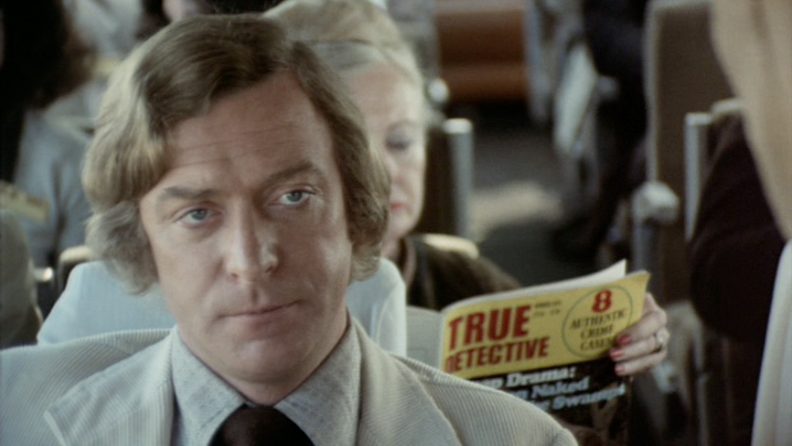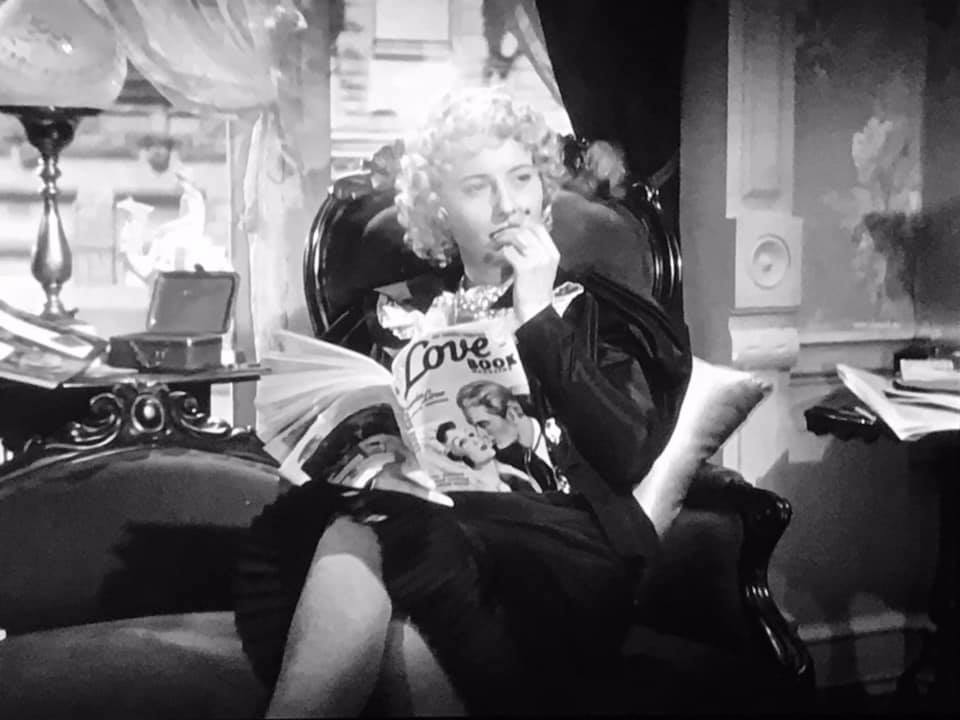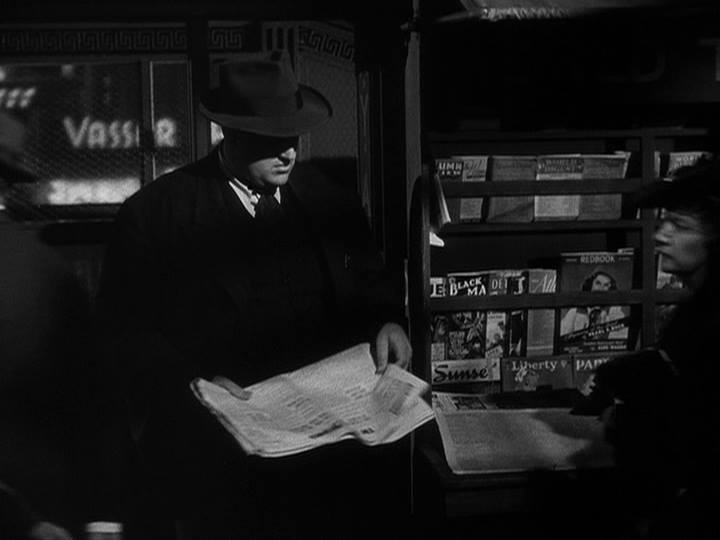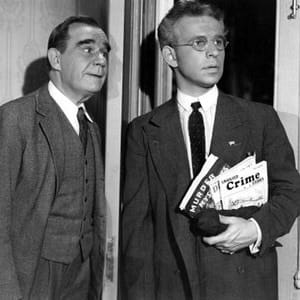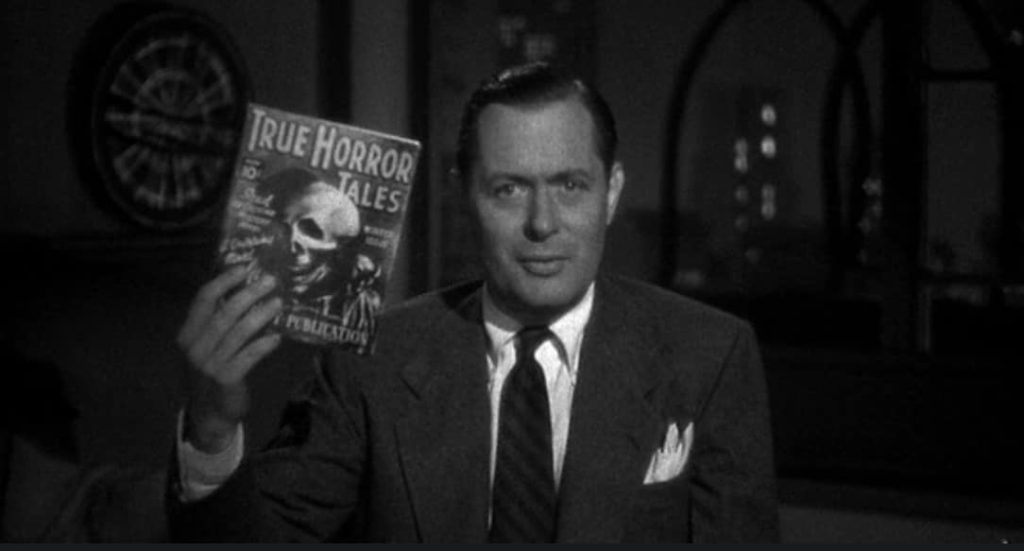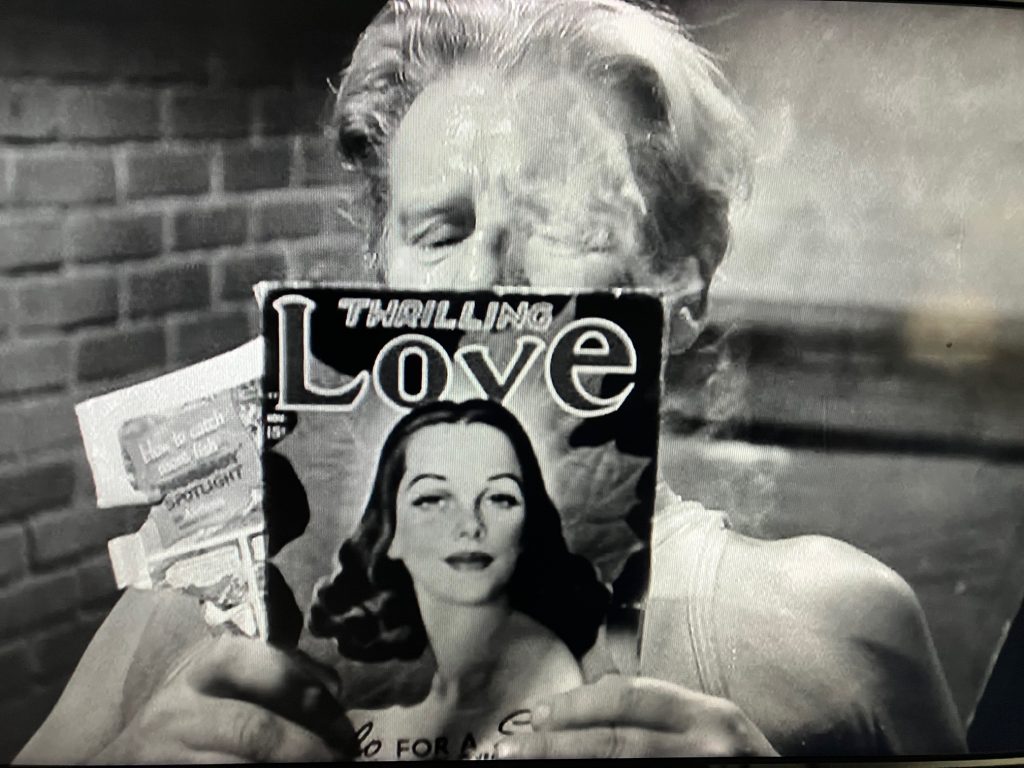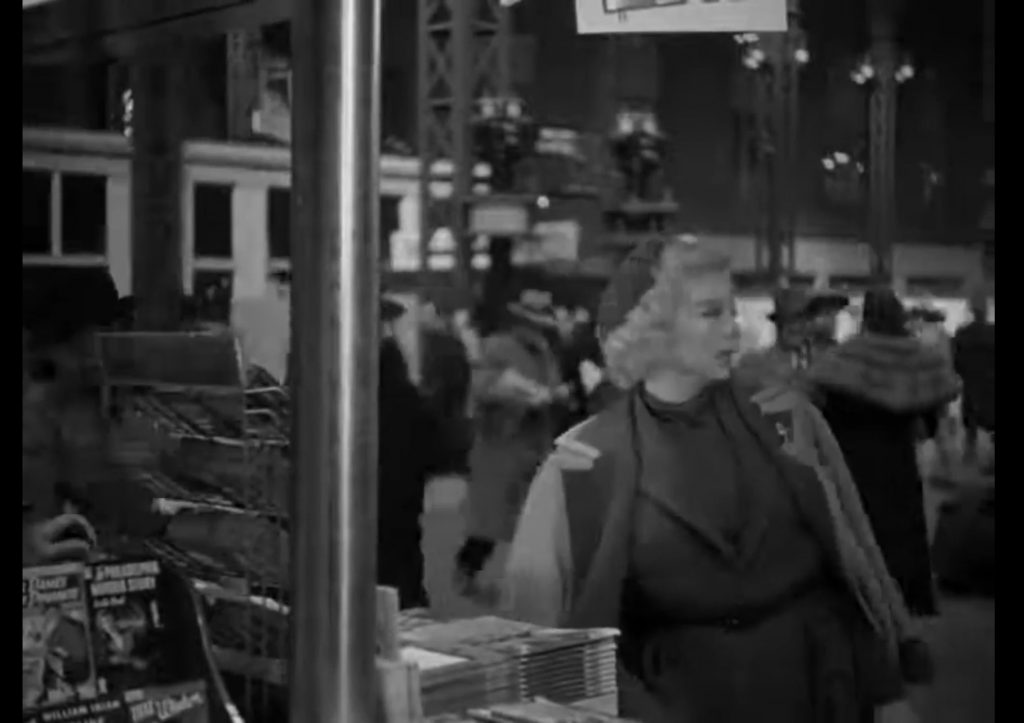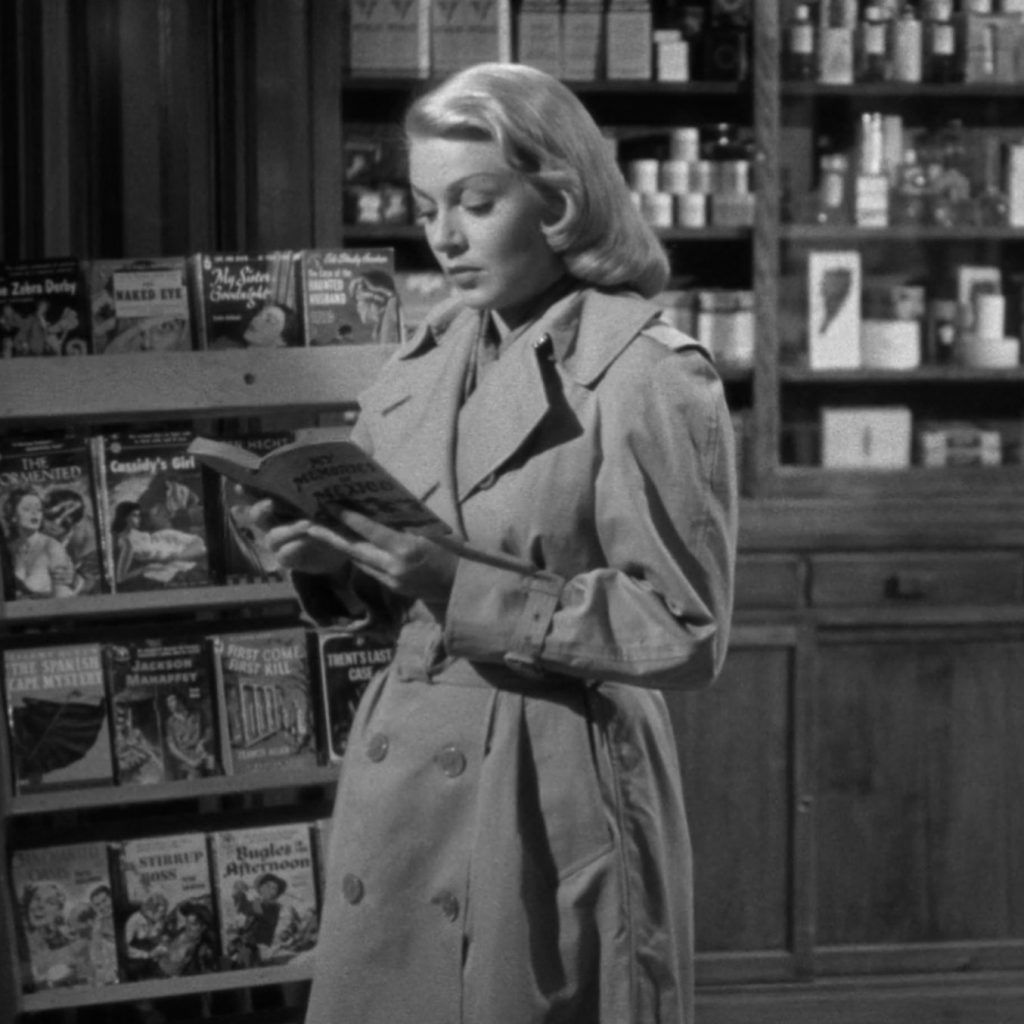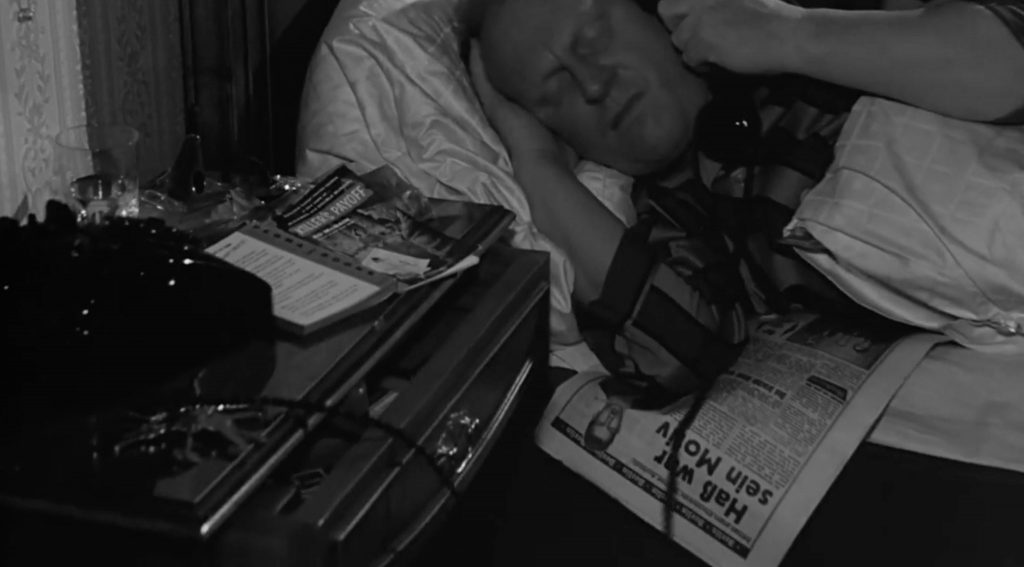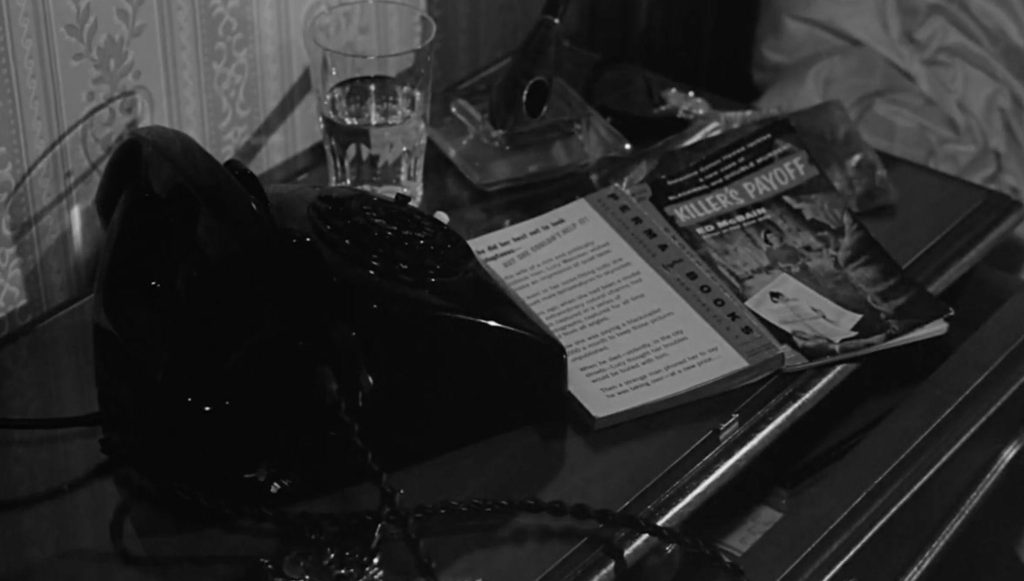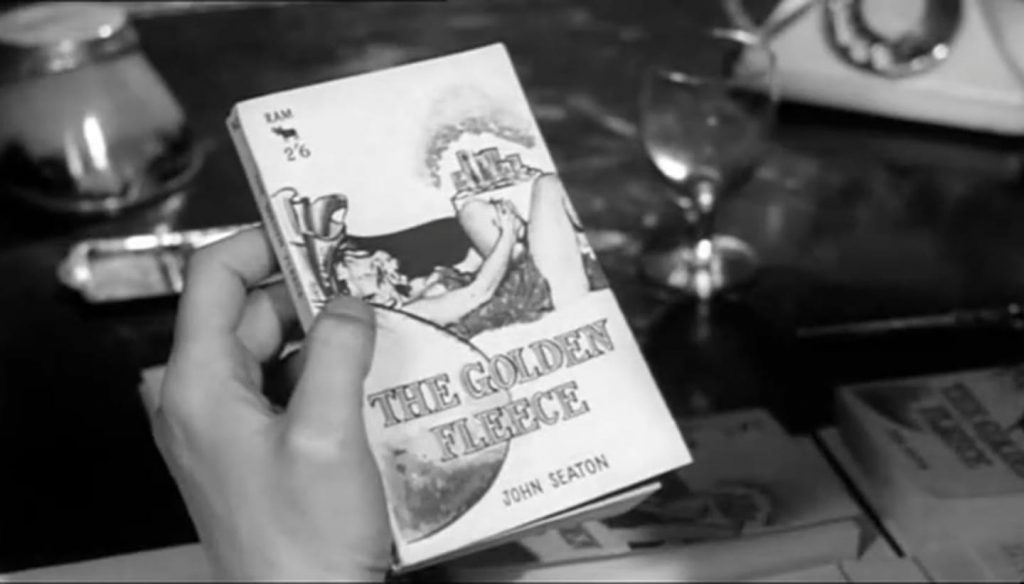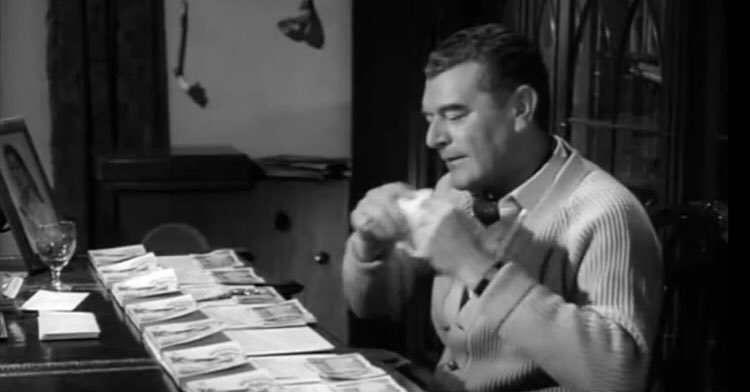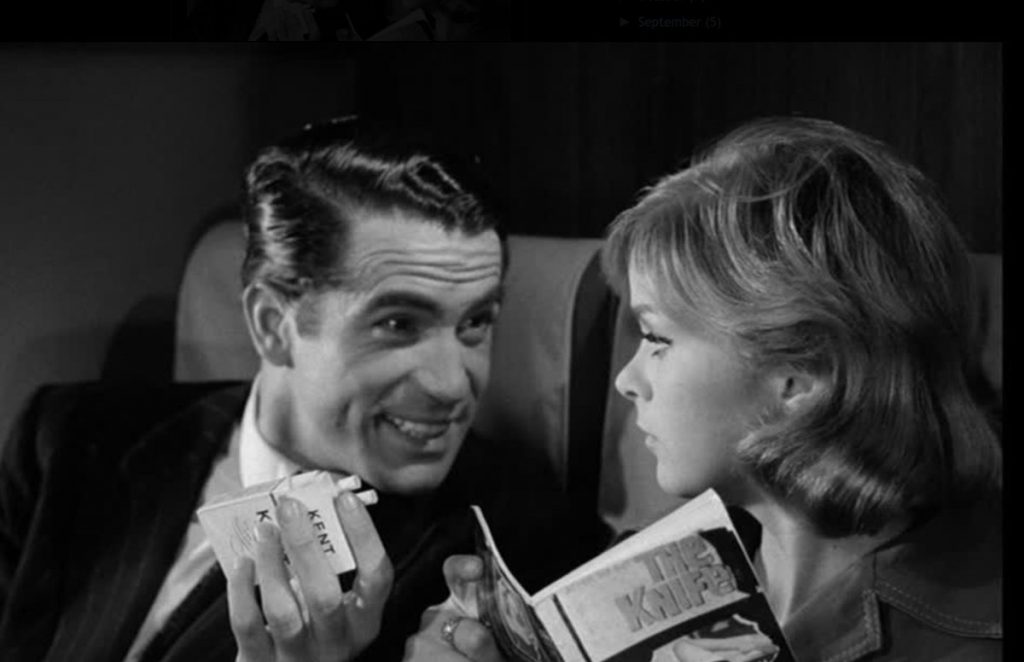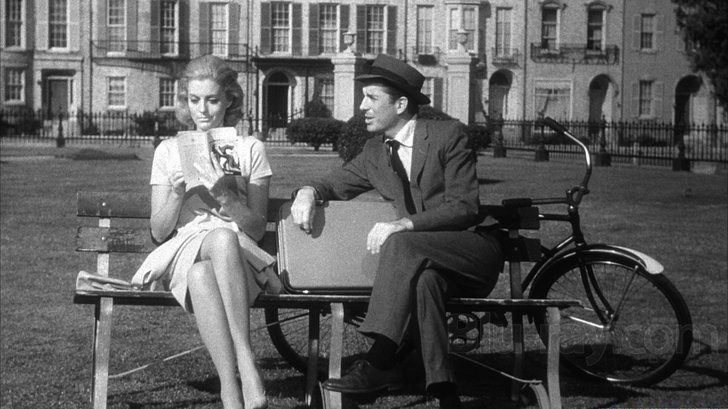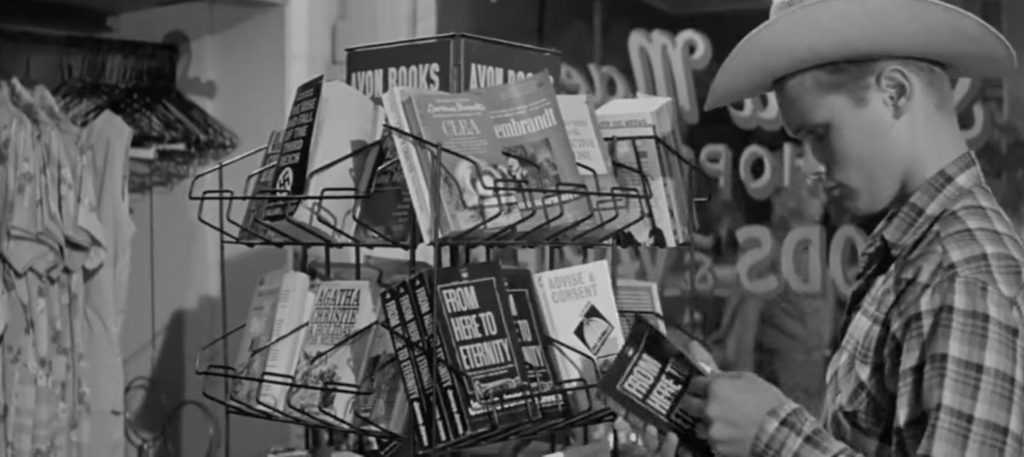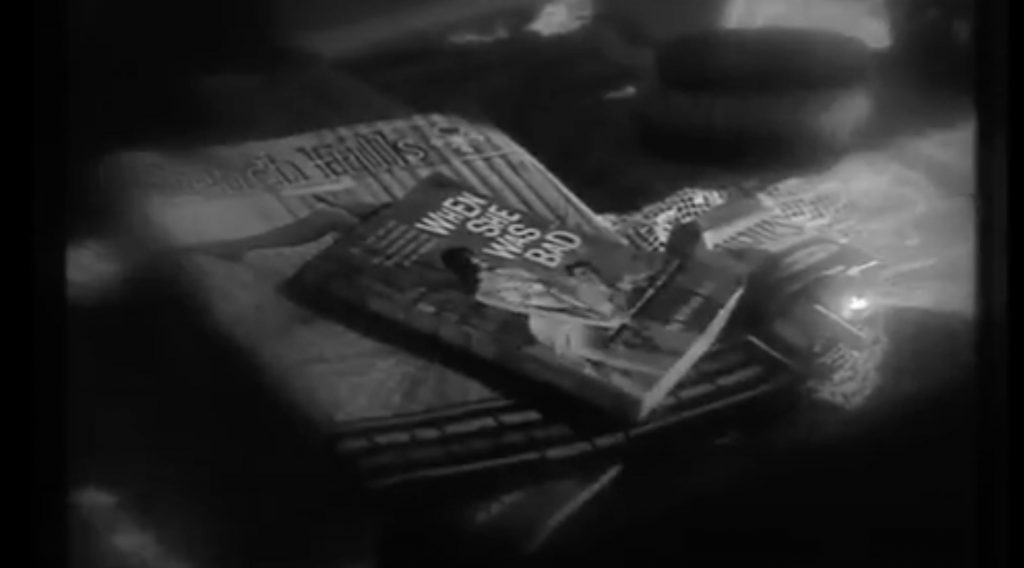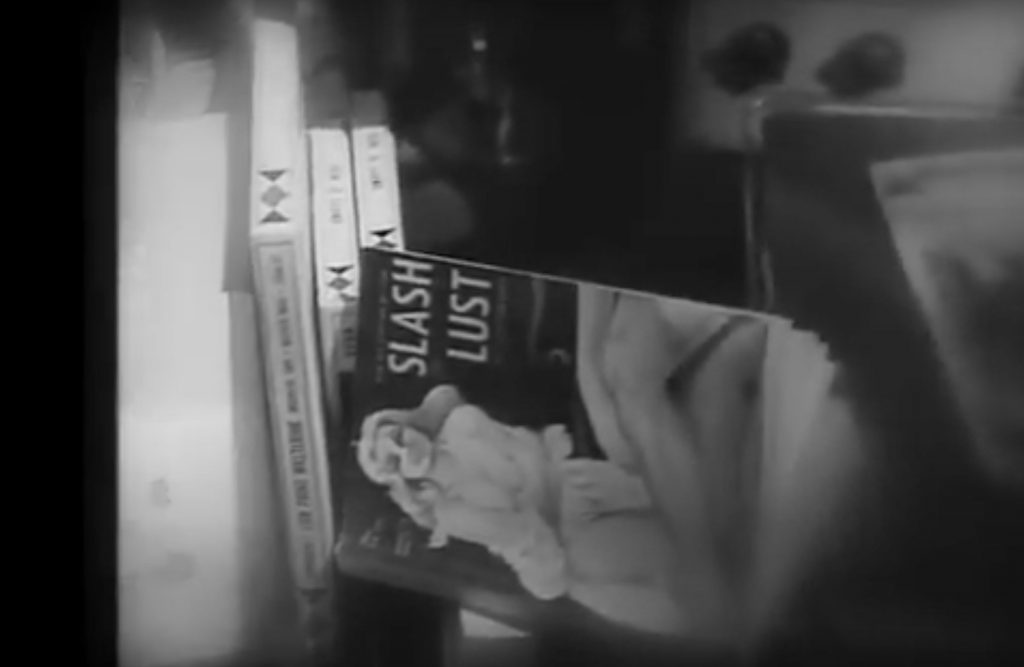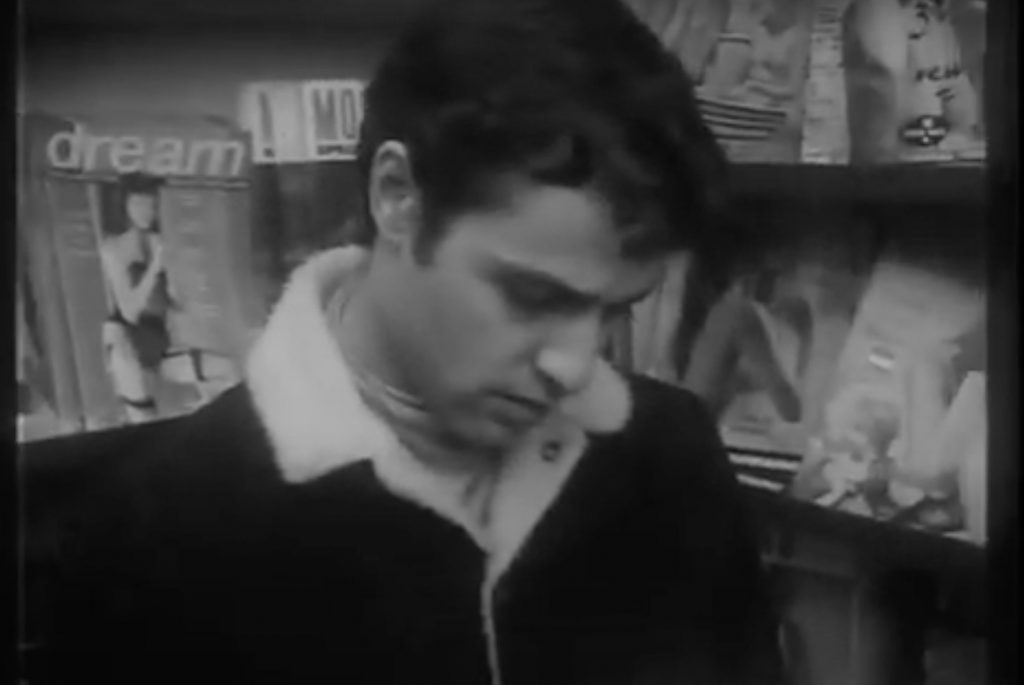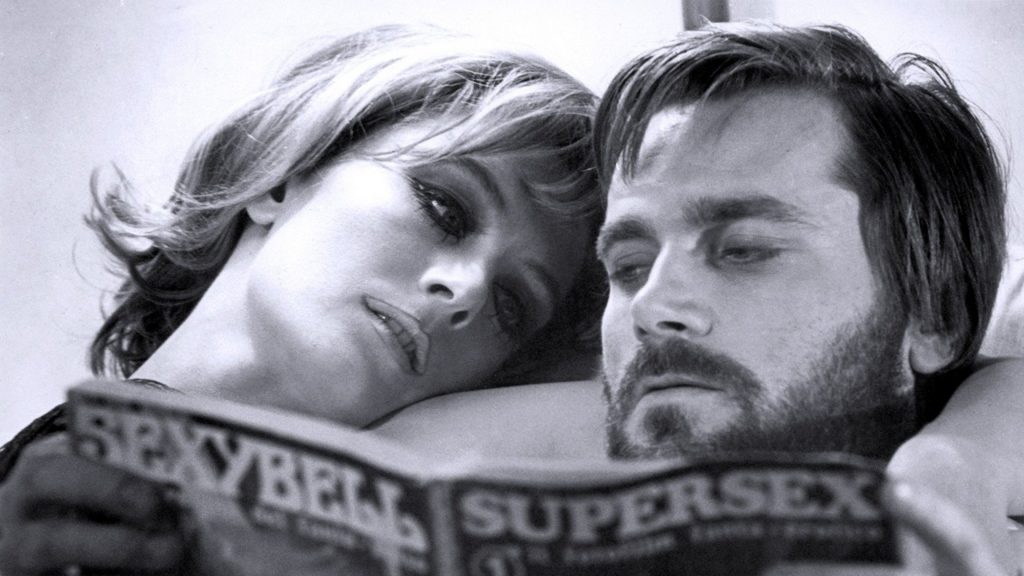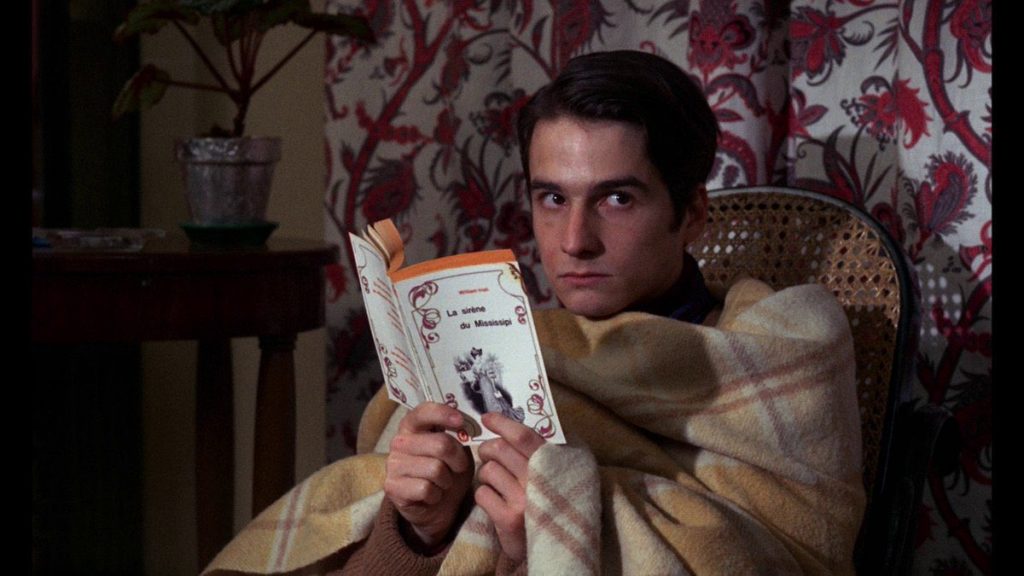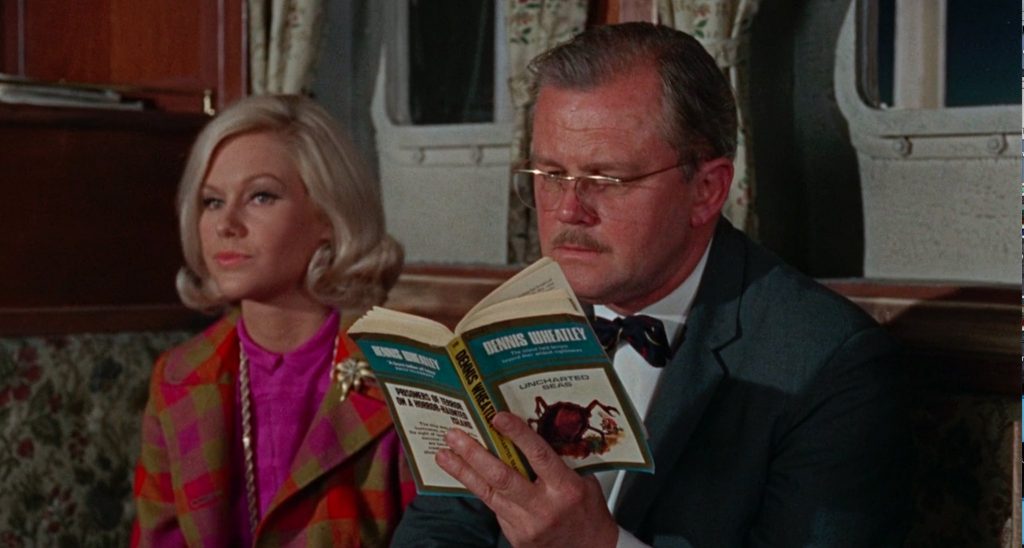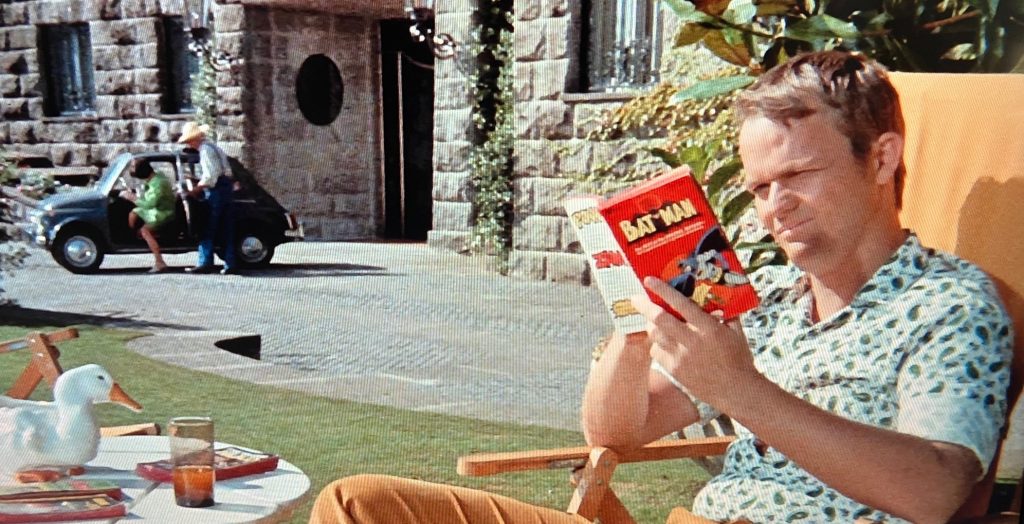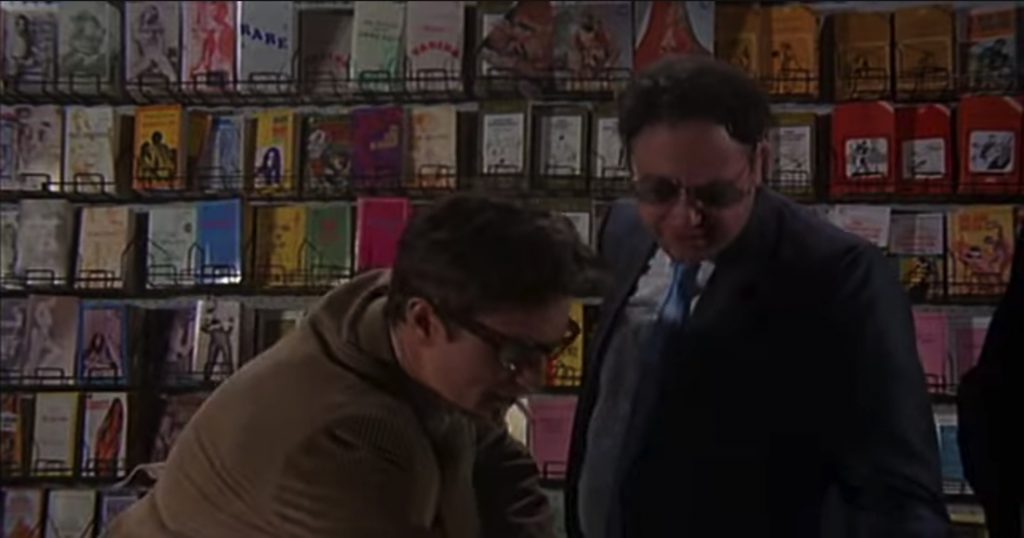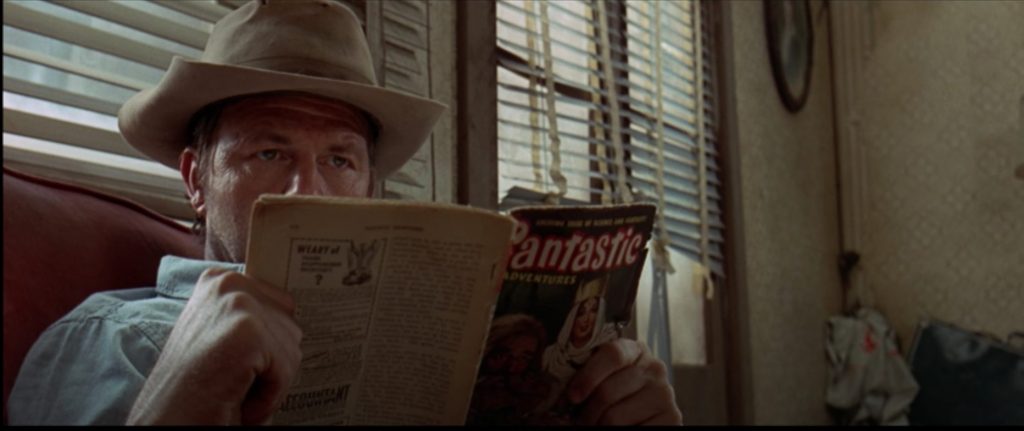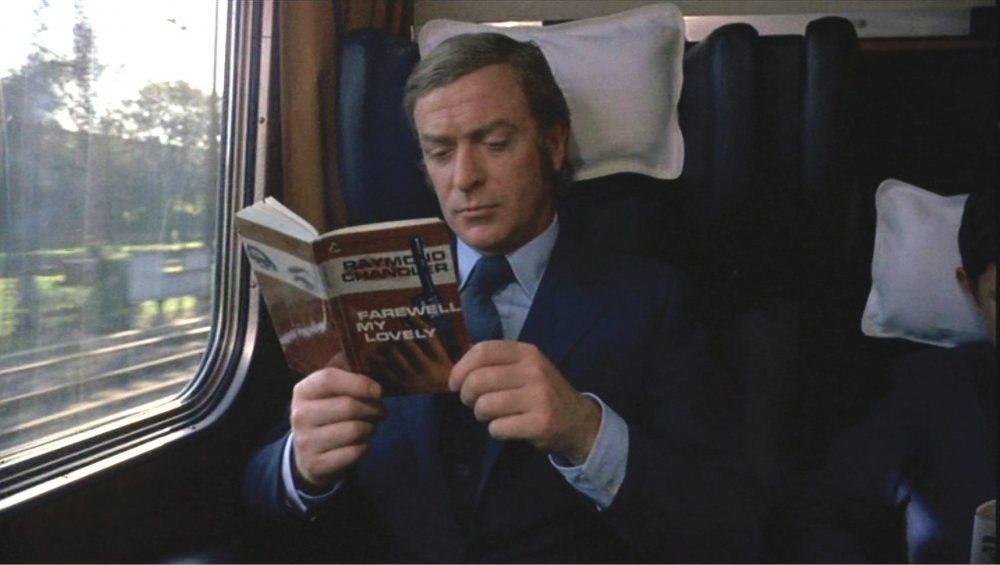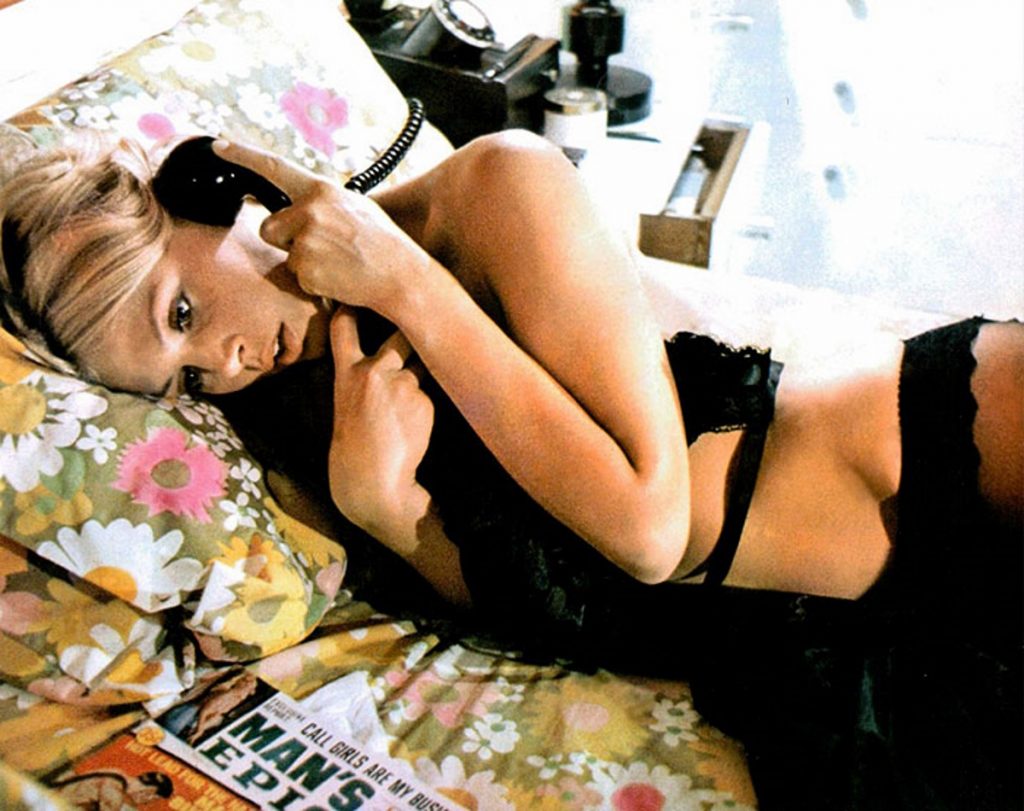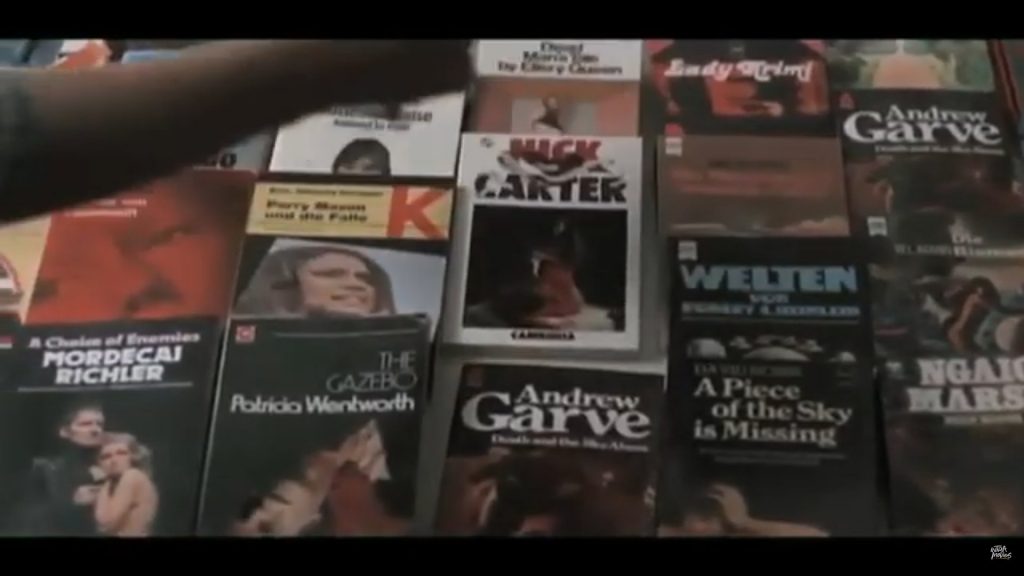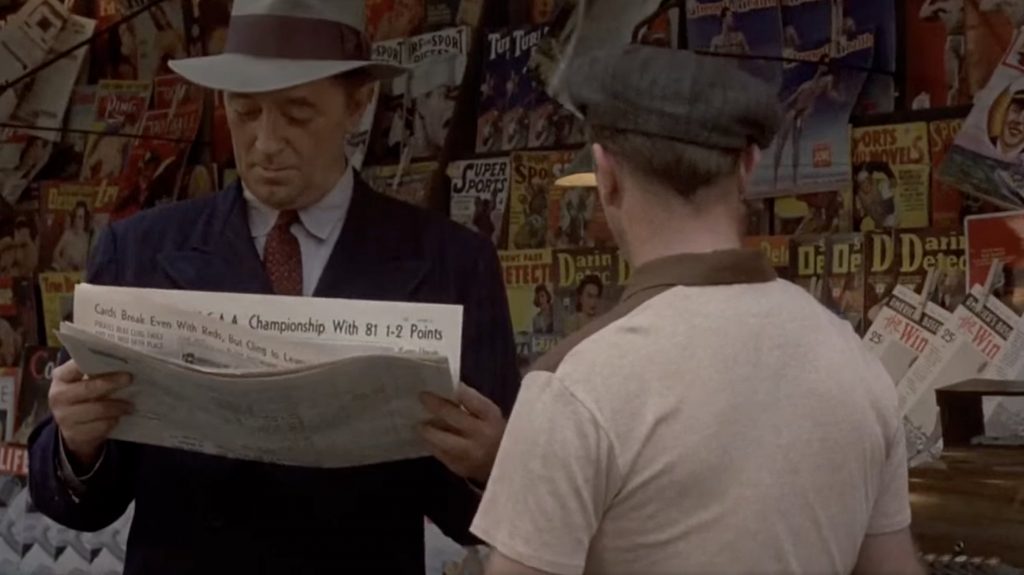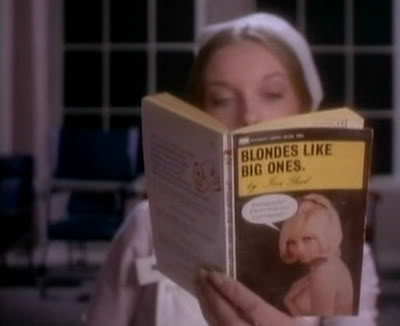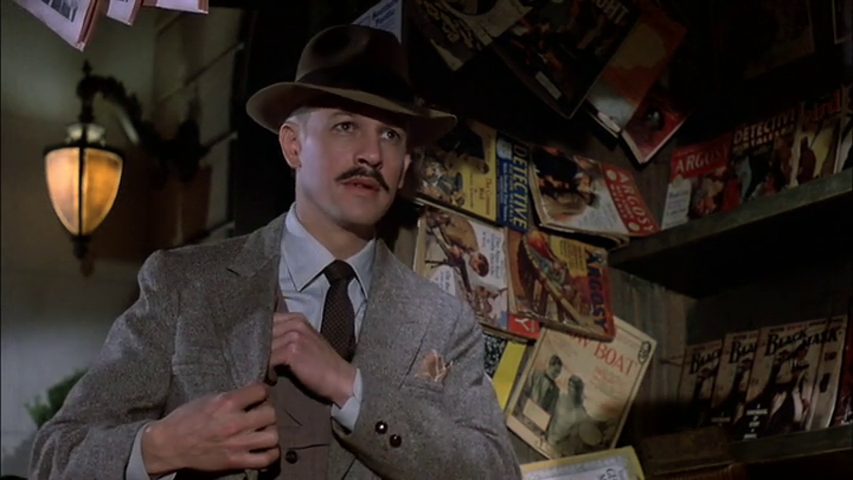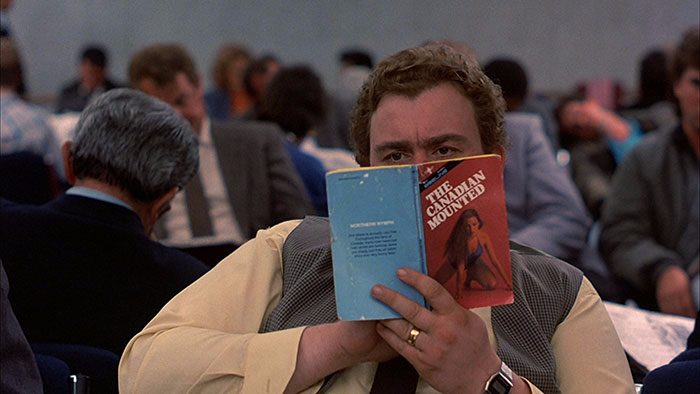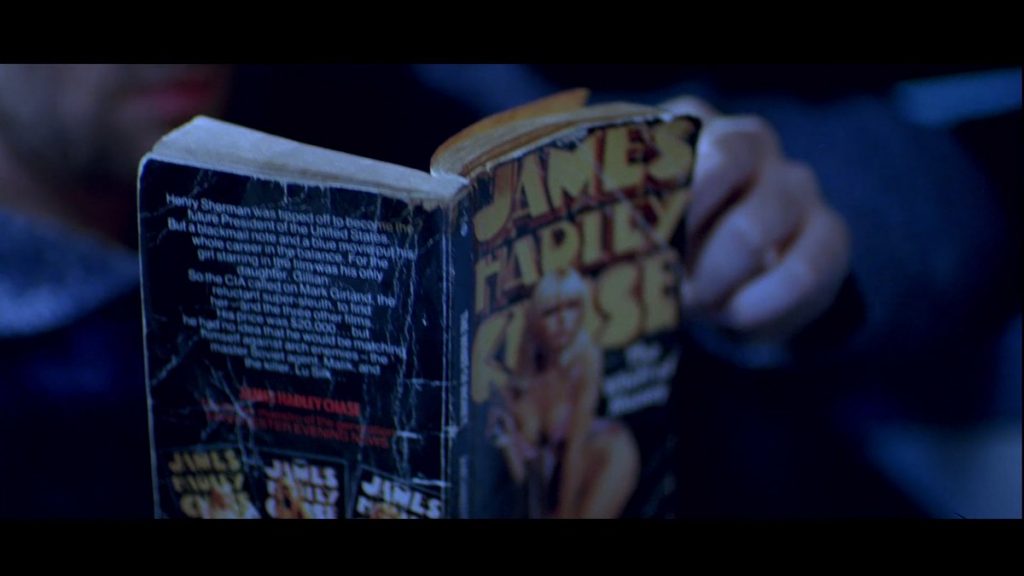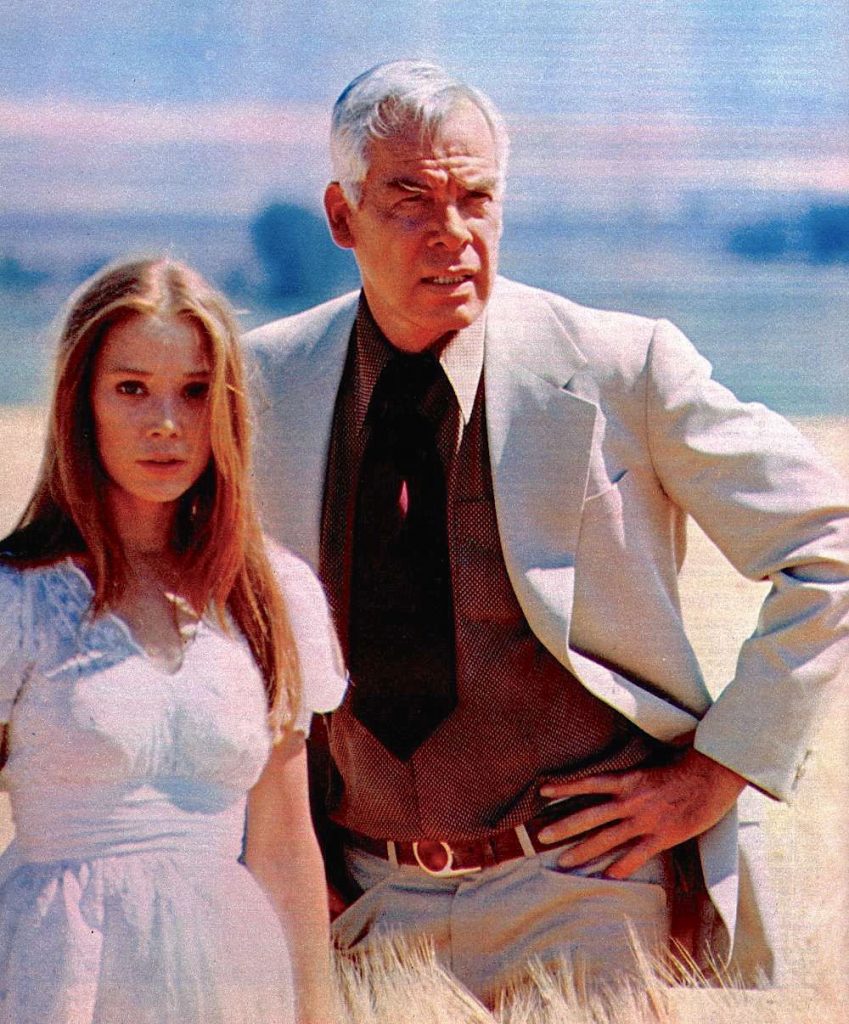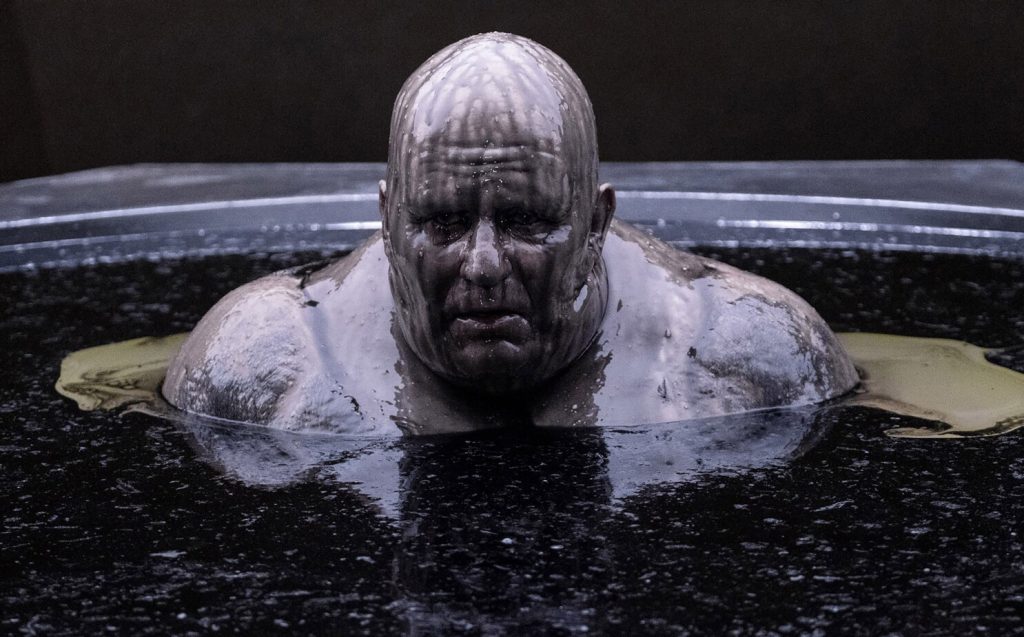Search
-
Recent Posts
- Dishing up Pulp Curry in a new way: why I am starting a Substack newsletter
- Book reviews: Deadly dames, midcentury Brit pulp and 1970s science fiction
- Mackenna’s Gold (1969): Gold, Ghosts and Frontier Violence
- Orphan Road book launch
- Orphan Road now available
- Pre-orders open for my new novel, Orphan Road
- Cover reveal: Orphan Road, my follow up to Gunshine State
- Breakfast in the Ruins podcast: New English Library Bikermania
- Why 1973 was the year Sidney Lumet took on police corruption
- Men’s Adventure Quarterly: Gang Girls issue
Categories
- 1960s American crime films
- 1970s American crime films
- 1980s American crime films
- 1990s American crime films
- Adrian McKinty
- Albert Dekker
- Andre De Toth
- Angela Savage
- Angie Dickinson
- Anthony Zerbe
- Asian noir
- Australian crime fiction
- Australian crime film
- Australian noir
- Australian popular culture
- Australian pulp fiction
- Australian television history
- Ava Gardner
- Beat culture
- Belmont Tower Books
- Ben Wheatley
- Billie Whitelaw
- Black pulp fiction
- Blaxsploitation
- Book cover design
- Book Reviews
- British crime cinema
- British pulp fiction
- Bryan Brown
- Burt Lancaster
- Carter Brown
- Charles Durning
- Charles Willeford
- Chester Himes
- Christopher G Moore
- Christopher Lee
- Cinema culture
- Claude Atkins
- Coronet Books
- Crawford Productions
- Crime Factory
- Crime Factory Publications
- Crime fiction
- Crime fiction and film from Africa
- Crime fiction and film from Cambodia
- Crime fiction and film from China
- Crime fiction and film from India
- Crime fiction and film from Indonesia
- Crime fiction and film from Japan
- Crime fiction and film from Laos
- Crime fiction and film from Latin and Central America
- Crime fiction and film from Malaysia
- Crime fiction and film from New Zealand
- Crime fiction and film from Scandinavia
- Crime fiction and film from Singapore
- Crime fiction and film from South Korea
- Crime fiction and film from Thailand
- Crime fiction and film from the Philippines
- Crime Fiction and film set in Vietnam
- Crime film
- Dangerous Visions and New Worlds Radical Science Fiction 1950 to 1985
- David Goodis
- David Peace
- David Whish-Wilson
- Derek Raymond
- Diana Dors
- Dirk Bogarde
- Don Siegel
- Don Winslow
- Donald Westlake aka Richard Stark
- Dystopian cinema
- Ernest Borgnine
- Eurocrime
- Fawcett Gold Medal Books
- Femme fatale
- Fernando Di Leo
- Filipino genre films
- Film Noir
- Forgotten Melbourne
- French cinema
- French crime fiction
- Garry Disher
- Gene Hackman
- George V Higgins
- Georges Simenon
- Ghost Money
- Giallo cinema
- Gil Brewer
- Girl Gangs, Biker Boys and Real Cool Cats: Pulp Fiction & Youth Culture, 1950-1980
- Gloria Grahame
- Gold Star Publications
- Gregory Peck
- Gunshine State
- Heist films
- Horror
- Horwitz Publications
- Humphrey Bogart
- Ian Fleming
- Interviews
- Ira Levin
- James Caan
- James Crumley
- James Ellroy
- James Hadley Chase
- James Woods
- Jim Brown
- Jim Thompson
- Joel Edgerton
- John Frankenheimer
- Joseph Losey
- Karen Black
- Kerry Greenwood
- Kinji Fukasaku
- Larry Kent
- Laura Elizabeth Woolett
- Lee Marvin
- Leigh Redhead
- Lindy Cameron
- M Emmet Walsh
- Mad Max
- Mafia
- Malla Nunn
- Martin Limon
- Megan Abbott
- Melbourne International Film Festival
- Melbourne Writers Festival
- Men's Adventure Magazines
- Michael Caine
- Michael Fassbender
- Mickey Spillane
- Monarch Books
- Ned Kelly Awards
- Neo Noir
- New English Library
- Newton Thornburg
- Noir Con
- Noir fiction
- Non-crime reviews
- Oren Moverman
- Orphan Road
- Ozsploitation
- Pan Books
- Parker
- Paul Newman
- Peter Boyle
- Peter Corris
- Peter Strickland
- Peter Yates
- Poliziotteschi
- Pulp fiction
- Pulp fiction in the 70s and 80s
- Pulp fiction set in Asia
- Pulp Friday
- Pulp paperback cover art
- Qui Xiaolong
- Raymond Chandler
- Richard Burton
- Richard Conte
- Robert Aldrich
- Robert Mitchum
- Robert Ryan
- Robert Stone
- Rock Hudson
- Roger Smith
- Rollerball
- Rosaleen Norton
- Roy Scheider
- Rural noir
- Sam Levene
- Sam Peckinpah
- Samuel Fuller
- Science fiction and fantasy
- Scripts Publications
- Sidney Lumet
- Sidney Poitier
- Simon Harvester
- Snowtown
- Snubnose Press
- Spies
- Stanley Baker
- Sterling Hayden
- Steve McQueen
- Sticking it the the Man Revolution and Counter Culture in Pulp and Popular Fiction 1950 1980
- Stuart Rosenberg
- Tandem Books
- Tart noir
- Tartan Noir
- Ted Lewis
- Toni Johnson Woods
- True crime
- Vicki Hendricks
- Victor Mature
- Vintage mug shots
- Vintage pulp paperback covers
- Wallace Stroby
- War film
- Westerns
- William Friedkin
- Woody Strode
- Yakuza films
- Yaphet Kotto
Nothing but noir
Recommended reading
The lurid world of pulp
- 20th century Danny Boy
- American Pulps
- Bear Alley
- Bloody, Spicy, Books
- Comics Down Under
- Everything second hand
- Existential Ennui
- Greenleaf Classic Books
- Irv O. Neil's Erotica is My Trade
- Killer Covers
- Lost Classics of Teen Lit 1939-1989
- Luminist Archives
- Men's Pulp Mags
- Mporcius Fiction Log
- Murder, Mayhem and Long Dogs
- Neglected Books
- Nocturnal Revelries
- Paperback Warrior
- Paperbacks of the Gods
- Pop Sensation
- Pulp artists
- Pulp Covers
- Pulp Crazy
- Pulp Flakes
- Pulp International
- Pulp Magazines Project
- Pulp Serenade
- Realms of the Night
- Romance Fiction Has a History
- Rough Edges
- Sin Street Sleaze
- Spy Guys and Gals
- The department of Afro American Research Arts & Culture
- The Dusty Bookcase
- The Haunted World of Richard Sala
- The Moon Lens
- The Nick Carter & Carter Brown Blog
- The Pulp & Paperback Fiction Reader
- Too Much Horror Fiction
- True Pulp Fiction
- Vault of Horror
- Vintage Nurse Romance Novels
- Vintage Romance Novels
- Welcome to the Pan Paperback
- Yellow and Creased
Support This Site
If you like what I do please support me on Ko-fi
Category Archives: 1970s American crime films
Pulp on the big screen
This month sees the 50th anniversary of the Mike Hodges film, Pulp.
I feel like Pulp, which I reviewed on this site here back in 2016, does not get a lot of love from people, but I am a fan of its bizarre, at times almost campy noir vibe. Most of all, I like the fact that it is an ode to the era of mass produced literature and to a time when pulp, in all its forms, could still be dangerous.
The lead character is a sleazy expat British expat pulp writer called Mickey King, played by Michael Caine, a nod to the prolific writer Earl Stanley Gardner. King’s dialogue drips with sleazy pulp cadence and the film is full of images of pulp in its many forms.
Ever since watching this film, I have been on the look-out for signs of pulp in the movies. As a 50th anniversary tribute to the Hodges film, below are the screenshots of what I have managed to find so far. I am sure there are many others and I would love readers to alert me to ones I have missed or to help me identify the ones below that I have not been able to identify.
… Read morePosted in 1960s American crime films, 1970s American crime films, 1990s American crime films, Beat culture, British crime cinema, British pulp fiction, Crime fiction, Crime film, Film Noir, Horror, Men's Adventure Magazines, Michael Caine, Pulp fiction, Pulp fiction in the 70s and 80s, Pulp Friday, Pulp paperback cover art, Vintage pulp paperback covers, Westerns
Tagged Michael Caine, Mike Hodges, Pulp (1972), Pulp in movies, Pulp on the screen
10 underappreciated American neo-noirs of the early 1970s
The domestic blowback of the Vietnam War. The sleaze and corruption of Watergate. The incipient rollback of the counterculture and many gains of the 1960s. Economic recession. The upheaval and uncertainty in the 1970s may have been tough on America’s collective psyche, but it resulted in some incredibly good crime cinema, particularly prior to Jaws in 1975, which helped to usher in the culture of the cinematic blockbuster.
And while I will happily admit to being a due paying member of the First-half-of-the-1970s-was-a-great-period-of-American-crime-cinema-fan-club, it does strike me that we tend to focus on the same handful of films from this period over and over. Yes, The French Connection and Shaft (1971), The Godfather (1972), The Friends of Eddie Coyle and The Long Goodbye (1973), and Chinatown (1974), are all masterful neo noirs that in some way enlarged the culture’s notion of what crime cinema could be.
But the wellspring of American neo noir on the screen in the first half of the decade runs very deep, and it pays major viewing dividends to explore it more widely. My latest piece for the US site CrimeReads looks at ten underappreciated neo noirs from the first half of the seventies that are worth your time. You can read the piece in full on the CrimeReads site via this link.… Read more
Posted in 1960s American crime films, 1970s American crime films, 1980s American crime films, Anthony Zerbe, Blaxsploitation, Cinema culture, Crime film, Heist films, John Frankenheimer, Neo Noir, Noir fiction, Paul Newman, Robert Stone, Stuart Rosenberg, Yaphet Kotto
Tagged 1970s American crime films, Busting (1974), Harry in Your Pocket (1973), Neo Noir, Report to the Commissioner (1975), Save the Tiger (1973), The Day of the Wolves (1971), The Laughing Policeman (1973), The Nickel Ride (1974), Top of the Heap (1972), Wanda (1970), WUSA (1970)
Prime Cut at 50: looking back at possibly the strangest American crime film of the 1970s
Want to talk about one of the strangest, if not the strangest American crime film to emerge in the first half of the 1970s? Then, let’s talk about Michael Ritchie’s neo-noir Prime Cut, as it turns fifty this year. It would be going too far to describe it as a neglected classic, but it is a fascinating film about a divided America that, as a result, finds obvious echoes today.
You can read my piece on Prime Cut in full at the CrimeReads site here.… Read more

